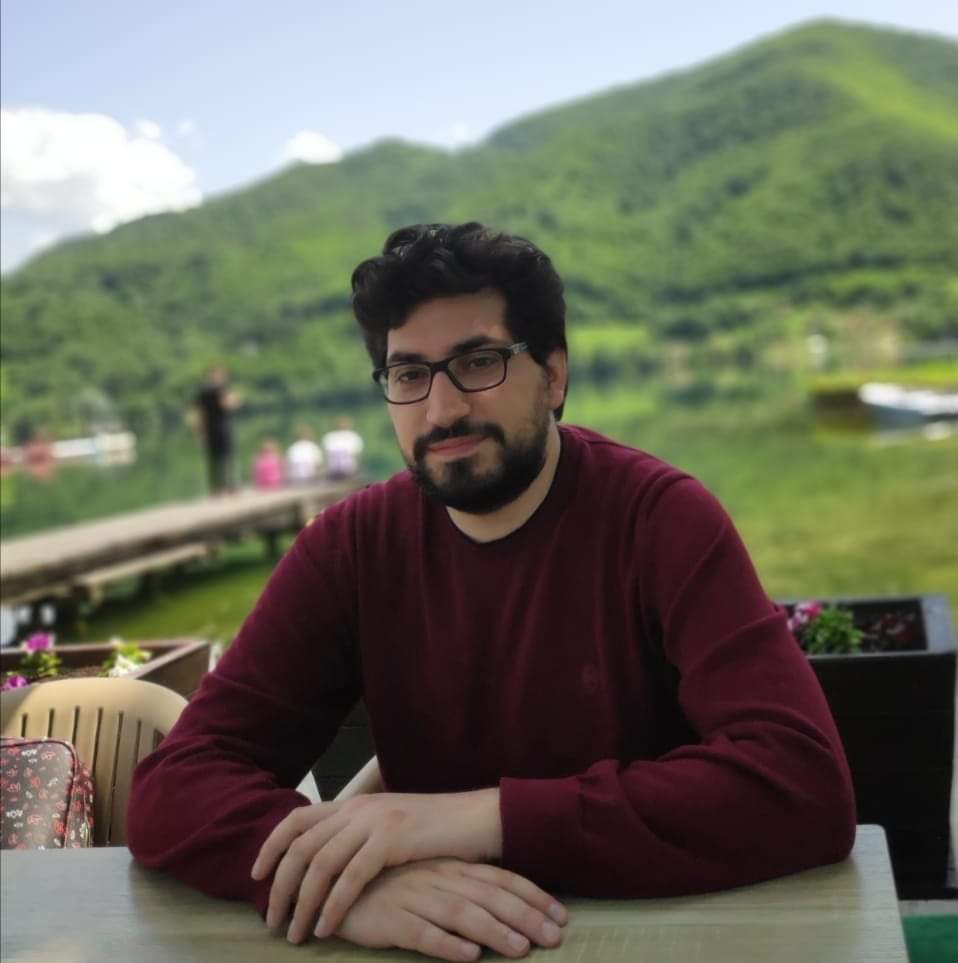This article was originally written in Arabic and translated into English
Can the media subject the issue of famine in Palestine to so-called professional balance even after UN agencies and the International Court of Justice have acknowledged it? Why have many Western media outlets avoided precise legal and ethical terms such as “famine” or “starvation,” opting instead for vague expressions like “food shortage” or “nutrition crisis”? Doesn’t this practice reflect a clear bias in favour of the Israeli narrative and serve to justify the policy of “systematic starvation”?
Since the outbreak of Israel’s war on the Gaza Strip in October 2023, more than two million Palestinians have been enduring unprecedented humanitarian conditions. The ongoing Israeli siege, the wholesale destruction of infrastructure, and systematic obstruction of even the most basic humanitarian aid, along with continued bombardment and military operations, have created a humanitarian crisis described by the United Nations and international organisations as a “mass famine.” Israel has been accused of deliberately imposing starvation conditions on Gaza’s population to force displacement and expand a “genocidal environment” in the Strip.
In early July last year, a group of independent UN experts issued a press statement asserting that Israel was carrying out a “deliberate and targeted campaign of starvation,” labelling it “a form of genocidal violence.” The statement highlighted the growing number of child deaths from hunger and malnutrition as indisputable evidence that famine had spread throughout Gaza.
However, signs of famine had emerged just months after the war began on October 7. In the case South Africa brought before the International Court of Justice against Israel, the legal filing detailed how Israel had driven the entire territory to the “brink of famine”. The case includes expert testimony and reports from international agencies about rising hunger levels, even in so-called “safe zones.”
In the Palestinian context, especially in wartime Gaza, most major Western media outlets have avoided using precise legal and ethical terms like “famine” or “starvation,” opting instead for vague phrases such as “food shortages” or “nutrition crisis.” These terms dilute legally and journalistically defined realities of famine into merely potential crises.
The Integrated Food Security Phase Classification (IPC), the internationally recognized authority on food security, activated its “Famine Review Committee” in a March 18, 2024, report, citing strong evidence of deteriorating food conditions. The IPC confirmed that famine was “expected and imminent” in Gaza City and Northern Gaza and was likely to become reality between mid-March and May 2024. In its most recent report, dated May 12, 2025, the IPC stated that “the entire population of Gaza faces a critical famine risk,” according to Reuters.
Despite these well-documented indicators, much of Western media coverage has remained reserved in acknowledging this aspect of the ongoing catastrophe in Gaza, often avoiding the term “famine” even when legal and humanitarian criteria clearly apply.
This professional reticence becomes particularly visible in the limited Western media focus on Israel’s openly declared and methodically implemented starvation policy, though such actions are defined as war crimes and crimes against humanity in several early reports, notably Human Rights Watch’s December 18, 2023, report titled “Israel: Starvation as a Method of Warfare in Gaza.”
Famine or “Hunger Crisis”?
Vocabulary selection is a major form of media bias, particularly in situations where humanitarian disasters intersect with complex political and economic agendas. In Gaza, major Western media outlets have largely avoided using legal and ethical terms like “famine” or “starvation,” instead deploying more ambiguous phrases like “food depletion” or “nutrition crisis.” These terms reframe journalistic and legal facts as technical or logistical issues, thus limiting public empathy and solidarity.
This general hesitancy to label the complete collapse of food security in Gaza as “famine” is another instance of bias and obfuscation, shielding the perpetrator from accountability. Manipulating terminology becomes a tool to strip crimes of their legal gravity and blur accountability.
This reluctance is not merely a terminological issue or editorial choice, it is part of a broader system of fact reproduction under a capitalist media model that serves elite interests, even at the expense of journalistic ethics. Such framing influences public opinion by recycling vague narratives that downplay the crisis and deflect blame from the responsible party.
Reuters, for example, reported on the international system’s, including major humanitarian organisations’, reluctance to officially declare a famine in Gaza, despite ample evidence. The report suggests that occasional Israeli approval for limited aid deliveries may be coordinated to delay a famine declaration, indirectly shaping Western media coverage that often takes cues from these institutions.
Jeremy Konyndyk, President of Refugees International, is quoted in the report as saying that an official famine declaration could have marked “a decisive acknowledgement of the historic disaster caused by Israel’s military operations.” According to Konyndyk, the term “famine” carries immense weight; it transforms a technical description into a historical judgement. Israel has successfully evaded this judgement, aided by the role played by the media.
According to Konyndyk, the term “famine” carries immense weight, it transforms a technical description into a historical judgment. Israel has successfully evaded this judgment, aided by the role played by the media.
One of the core principles of journalism is presenting diverse perspectives as a safeguard for pluralism, balanced coverage, and avoiding bias. However, this principle – despite its importance – can, in certain contexts, become a tool for distorting the truth, particularly when applied to well-documented events involving war crimes or crimes against humanity. In reports that have shed light on the food crisis in the Gaza Strip, and in major media outlets like CNN, the BBC, The New York Times, and others, adherence to this notion of “balance” has revealed a profound ethical failure in dominant Western journalism. It has allowed critical issues, such as the use of hunger as a weapon, to be framed as morally debatable or subject to interpretation merely by including a counter-narrative from an Israeli government or military spokesperson under the guise of balanced reporting, often without challenging them with difficult questions.
There are exceptions to this pattern, such as the editorial published in The Guardian on May 4, 2025, which explicitly referenced Israel’s use of hunger as a weapon of war in Gaza, stating that the famine there was not merely an incidental outcome of conflict, but a systematic tool to starve the population.
This form of obfuscating the crime in Gaza is neither new nor accidental. It reflects a deeply rooted colonial and racist structure within Western media systems, which reproduce hierarchies of power and dominance. In this framework, the foreign correspondent or Western institutional spokesperson is treated as the sole credible source, while local voices, despite their expertise and sacrifices, are marginalised.
This style of reporting on the famine in Gaza strips the issue of its urgent human dimension by presenting it in bureaucratic language devoid of lived experience. Consequently, the images of children, the elderly, and the sick dying from hunger are reduced to mere statistics in reports rife with doubt and hesitation, reports that consistently highlight and even elevate the Israeli narrative.
Such systemic bias toward Israel’s official narrative is not simply a product of journalistic laziness or limited access to Palestinian sources. It reflects an inherited epistemic framework that continues to shape the representation of Palestinians in Western media discourse, one that views Palestinians as unworthy of trust or empathy, while automatically legitimising the Israeli perspective as that of “a democratic ally of the West.”















































